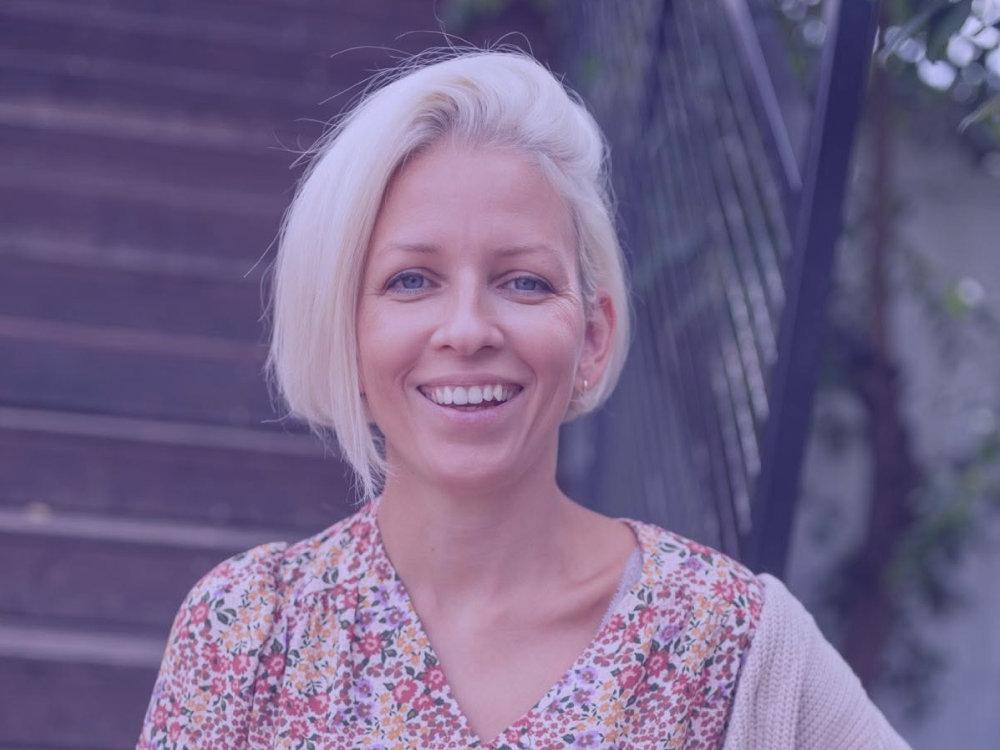Table of contents
Name
Cassie
Mother tongue
Chinese
Lives in
Currently, I've been in Newcastle for nearly nine months so far. From 2018 to the end of 2019, I stayed in Scotland. So, to add all that up, I spent nearly three years in the UK.
Can you tell me a bit about yourself?
I want to describe myself as a growth-minded person, and almost all my western friends think I am very individual. So, I love studying all kinds of things, and I can't be stagnant. I need challenges to get inspired and give myself purpose all the time, and that is the main reason I chose to study interpreting as my second major cause being an interpreter means I will always have to learn new things and keep up with the world.

I work a lot. I have been an English teacher for the 5th year when I was in Scotland; I did voluntary teaching for over one year, two times per week. That was the time when I enjoyed teaching the most. When I was doing my bachelor's degree in China, I studied finance management and accounting, so I also dabbled in many other industries as an intern during those four years of studying.
I am a gym-lover; I cannot live without working out. I love sketching, playing electric piano, writing stories (just my imagination based on my silly dreams); I also loved cooking.
Can you tell me about your language learning journey?
It is destiny, I believe. When I was young, English was not an important subject in Chinese, and it was nowhere near a compulsory subject, especially in a maybe 5-tier city in China. I had some basic vocabulary and grammar before taking a proper English class from a native teacher when I was 18. I took the course because I was preparing for CPA, which needed English for one exam. My dream back then was to become a successful accountant, but my English was so bad that I couldn't even know how to respond to "how are you" politely asked by my teacher. So I did enjoy a lot at the beginning of English studies in a painful way.
I would say it is my destiny because I learnt how to have a fluent conversation in English within six months. Of course, I studied a lot, but still I believe emerging in a native environment at a relatively young age helps. After that, I self-studied either from books or free videos online made by foreign teachers. Then, I studied in Scotland and then here I am, in Newcastle.
What have you found the hardest thing about learning English?
It is extremely difficult to reach a near-native level; the better I am good at English, the more frustrated I can be whenever I realise I can speak English, but not in a native way. The language I say is just not ideally native. My English was fossilised for nearly three years before I took interpreting.
What's your main goal for improving your English?
To be a fantastic interpreter. But at the very beginning, I wanted to show the world that the Chinese can speak English. So many people still hold the stereotype that Chinese cannot speak good English, and I was a bit offended a lot of times in the past when some natives being unconsciously surprised that a Chinese like me can have conversations with them without language barriers that they could spot. I am sure there will be some, but I just didn't enjoy how they thought we only speak Mandarin. Luckily this only happened a few times in the past.
Why did you decide to become a member of Leonardo English?
For my interpreting study, to be fair, I spent a huge time trying to find a good podcast with a good accent (I am obsessed with a British accent), a transcript, and good topics, and it turned out that English Learning for Curious Minds is my best choice! Leonardo English podcast showcases knowledge and information on a topic from different aspects; it also has good logic, diversified vocabulary, it helps all levels of English learners.
What's your favourite English Learning for Curious Minds episode (and why)?
I remember the one talking about Boris; in my culture, we don't talk about leaders, but this episode analyses Boris from his childhood to his education, personality, and career in a really deep manner. Fifteen minutes shows me all his life story with all the vocabulary that I need. The most important thing is I can listen to it for different purposes at different times while I am showering, cooking, working out, and I can take it for shadowing and interpreting.
****
Alastair from Leonardo English says "It's great to hear Cassie's story, and I was fascinated to hear how she uses the podcast as a way to practise "real-time" interpreting. I have no doubt that she will become a very successful interpreter!"




